- Your cart is empty
- Continue Shopping

Product
Buy Zptropin HGH ZPHC 120IU Online
From $145.00
Zptropin is a synthetic form of growth hormone that is used to treat growth hormone deficiencies in children and adults. It belongs to a drug class called growth hormone stimulants. It works by binding to specific receptors on cells throughout the body and stimulating the production of insulin-like growth factor 1 (IGF-1), which promotes the growth of bone and muscle tissue. Zptropin is administered subcutaneously by a licensed healthcare professional and has been shown to increase height in children and improve body composition in adults.
Zptropin is a synthetic form of human growth hormone (HGH) produced through the use of recombinant DNA technology. It is used primarily to promote human tissue growth and development. Zptropin is a sterile, white lyophilized powder that is typically reconstituted with bacterostaic water for injection.
Uses:
Zptropin is used to treat individuals with growth hormone deficiency, as well as individuals who wish to increase muscle mass, reduce fat, and enhance overall physical fitness. It is also used for anti-aging and to improve bone density, immune system function, and capacity for healing after injury or surgery.
How to use:
Zptropin should be administered subcutaneously (under the skin). Before use, the lyophilized powder must be reconstituted with bacteriostatic water. The injection site should be rotated frequently to avoid tissue damage.
Dosage:
The recommended dosage of Zptropin is determined based on factors such as age, weight, and intended use. Dosages typically range from 2-4 IU per day for general health and anti-aging purposes, and up to 10 IU per day for athletic performance enhancement.
Mechanism of action:
Zptropin stimulates human tissue growth and development by stimulating protein synthesis and the conversion of fats into energy. It also increases insulin-like growth factor 1 (IGF-1) production, which is necessary for cell growth and differentiation.
Storage Conditions:
Zptropin should be stored at a temperature of 2-8 degrees Celsius. Avoid exposure to heat or light.
Precautions:
Zptropin should not be used in individuals with a history of hypersensitivity to human growth hormone. It should also be used with caution in individuals with a history of diabetes or those receiving glucocorticoid therapy.
Interactions:
Zptropin may interact with other medications, including insulin, glucocorticoids, and thyroid hormones. It is important to inform your healthcare provider of all medications you are taking before using Zptropin.
Contraindications:
Zptropin should not be used in individuals with active malignancies, or in individuals with certain types of eye disease (such as diabetic retinopathy).
Side effects:
Common side effects of Zptropin include swelling at the injection site, joint pain or stiffness, headache, nausea, and tingling sensations. Long-term use of Zptropin may increase the risk of certain health conditions, such as diabetes, cardiovascular disease, or cancer.
Overdose:
An overdose of HGH can lead to a number of adverse effects, including impaired glucose tolerance, hyperglycemia, and insulin resistance. In the event of an overdose, seek medical attention immediately.

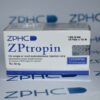
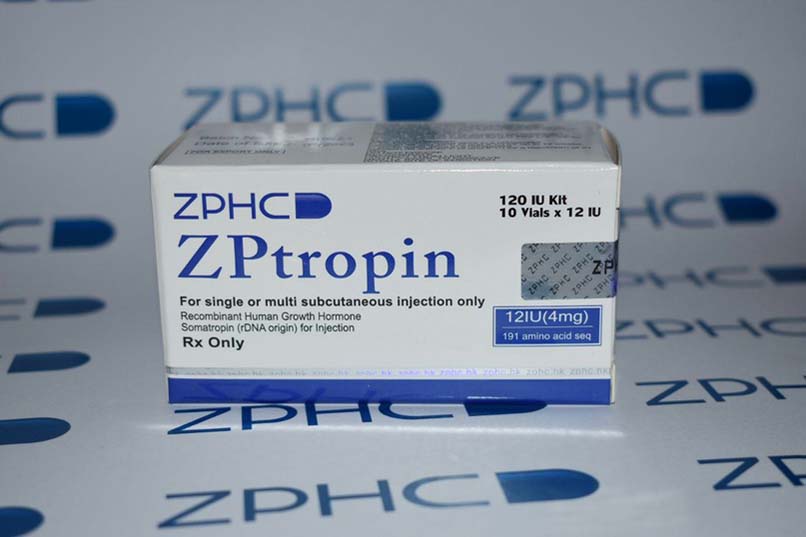
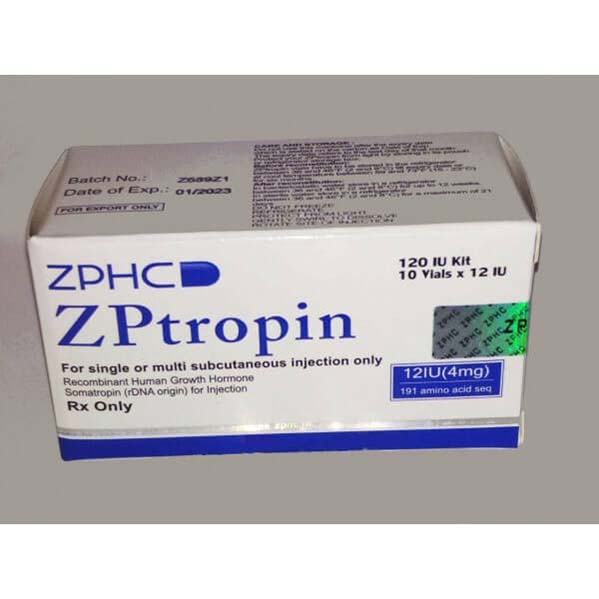
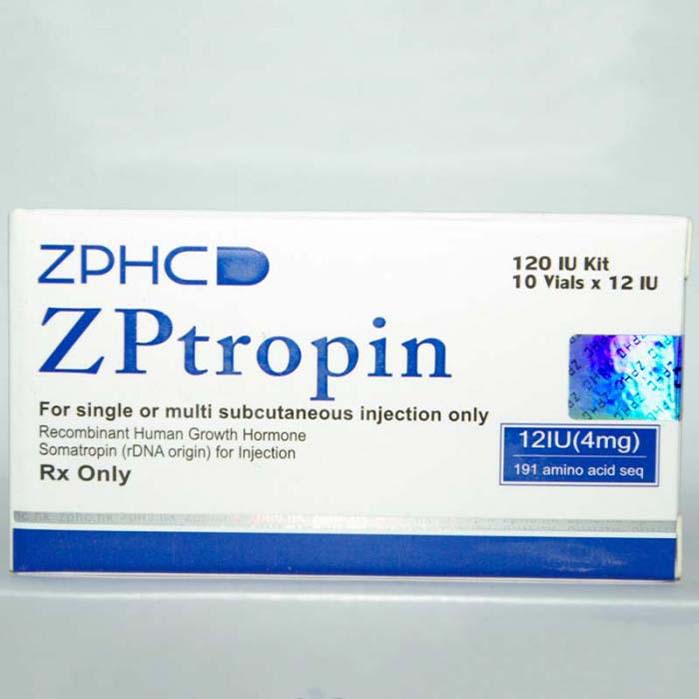
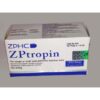
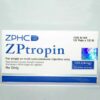
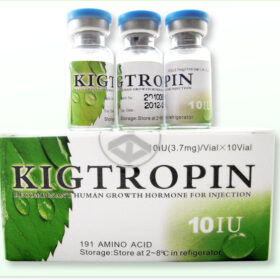

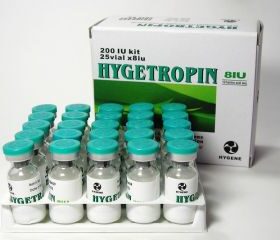
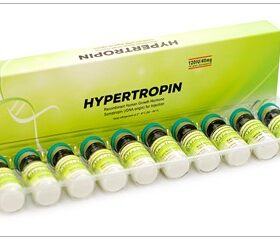
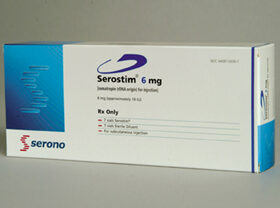

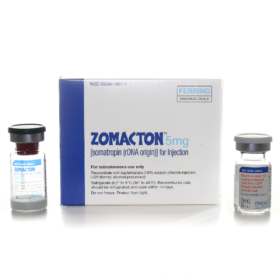



Reviews
There are no reviews yet.